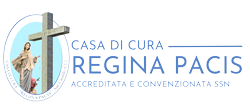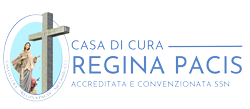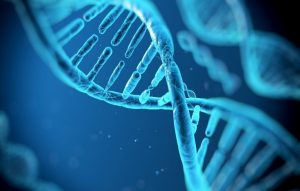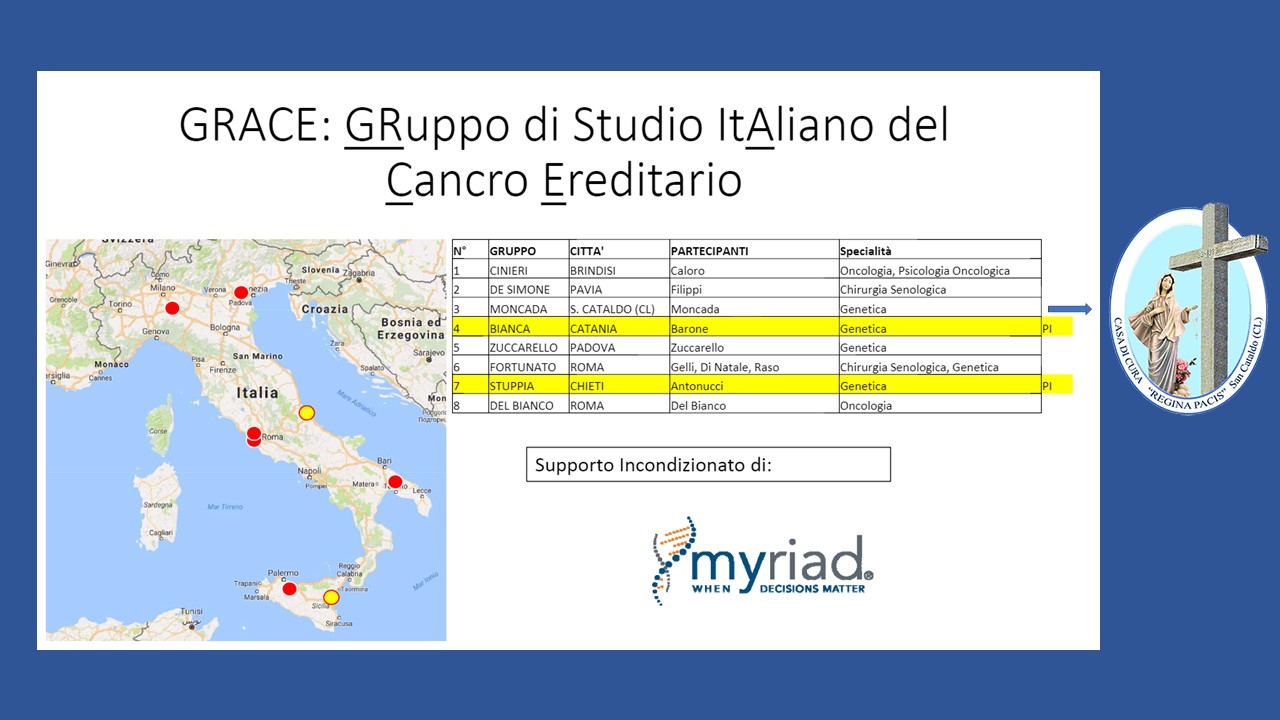PATIENT SERVICES
Online Users: 1
GENERAL INFORMATIONS
info@casadicurareginapacis.com
ADMINISTRATIVE MANAGEMENT 0934.572815
info@casadicurareginapacis.com
QUALITY OFFICE 0934.572815
p.difranco@casadicurareginapacis.com
PUBLIC RELATIONS OFFICE 0934.515215 urp@casadicurareginapacis.com
CLINICAL OFFICE FILES urp@casadicurareginapacis.com
LEGAL OFFICE 0934.515215
fmpagano@casadicurareginapacis.com
ADMISSIONS OFFICE PRIVATE – INTRAMOENIA 0934.515215
urp@casadicurareginapacis.com
CHECK-UP OFFICE 0934.515215
urp@casadicurareginapacis.com
DISCARDED PATIENT DOOR
urp@casadicurareginapacis.com
– Foreign Patient (English, French)
– Patient with Sordomutism
DOMICILE ASSISTANCE OFFICE 0934.515215
urp@casadicurareginapacis.com
ACCOUNTING OFFICE 0934.572815
rita.torregrossa@casadicurareginapacis.com
– Credit recovery counter
TELEMATIC CERTIFICATES OF DISEASE (INPS TRANSMISSIONS) 0934.515215
urp@casadicurareginapacis.com
SURGICAL MEDICAL SURGERY
0934.515204/0934.515273(p.m.) Book service online
MEDICAL REHABILITATION AMBULATORY
0934.515211 Book service online
(Cardiology, Neuromotor, Functional, Respiratory)
HEAD OFFICE SURGICAL DEPARTMENT 0934.515203 (morning only)
INFERMERY SURGICAL DEPARTMENT 0934.515204
INFERMERY REHABILITATION DEPARTMENT 0934.515211
HEAD OFFICE REHABILITATION DEPARTMENT 0934.515211 (morning only)
RADIOLOGY 0934.515201 Service Book online
– Counter for radiological reports
CITO-ISTOPATOLOGY LABORATORY 0934.515242 Service Book online
– Sportello consegna referti citoistologici
ANALYSIS LABORATORY 0934.515201 Service Book online
– Delivery counter analysis reports
CONTACT CENTER 0934.515201 Service Book online
SINGLE RESERVATION CENTER (C.U.P.) 0934.515201 fax 0934.572434 Service Book online
PURCHASING OFFICE 0934.572815 a.lamonica@casadicurareginapacis.com
Dott.ssa Alexandra GIORLANDINO
ANESTHESIA AND RENIMATION:
Dott.ssa Rosaria Michelina LONGO
Dott. Giuseppe SANGIORGIO
Dott. Mario VIRZI’
CARDIOLOGY:
Dott. Salvatore VIRZI’ (Resp. Rep. di Riabilitazione)
Dott. Rossano RANDAZZESE
GENERAL SURGERY:
Dott. Angelo CANDURA
Dott. Antonio SCIORTINO
Dott. Franco VIRZI’
Dott. Giuseppe VIRZI’ (Resp. Rep. di Chirurgia)
PLASTIC SURGERY:
Dott. Dario PALAZZOLO
Dott. Antonio TRIOLO
SENOLOGICAL SURGERY:
Dott. Domenico CIRRITO
VASCULAR SURGERY:
Dott. Angelo INFANTINO
Dott.ssa Monica SPATARO
DERMATOLOGY:
Dott.ssa Barbara MIRONA
ENDOCRINOLOGY AND DIABETOLOGY:
Dott.ssa Giulia SAPUPPO
PHYSIOTHERAPY:
Dott. Gaetano GUELI
GYNECOLOGY:
Dott. Mario ACCARDI
GASTROENTEROLOGY:
ONCOLOGICAL GENETICS:
Dott.ssa Alice MONCADA
NEPHROLOGY:
Dott. Massimiliano MORREALE
NEUROLOGY:
Dott.ssa Simone SCALIA
NUTRITION:
Dott. Antonio SEDITA
OPHTHALMOLOGY:
Dott. Vincenzo CANNEMI
Dott. Vittorio PICARDO
ORTHOPEDICS:
Dott. Angelo BELLINI
OTORHINOLARYNGOLOGY:
Dott. Giuseppe AMICO
PNEUMOLOGY:
Dott.ssa Manuela BERTINI
PSYCHIATRY AND PSYCHOTHERAPY:
Dott. Michele CANNAVO’
PSYCHOLOGY:
Dott.ssa Letizia STRAZZERI
RADIODIAGNOSIS:
Dott. Salvatore CULMONE
Dott.ssa Noemi OGNIBENE
Dott.ssa Valentina VIRZI’ (Resp. Rep. Diagnostica per Immagini)
UROLOGY:
Dott.ssa Carla CAMMARATA
Dott. Pietro Salvatore CARUANA
Dott. Francesco VACIRCA
Clinic"Regina Pacis"
Accreditata e convenzionata con il S.S.N. – A.S.P. 2 – CL
SKEMA Iniziative Sanitarie Srl
Via Principe di Scalea 3/593017 San Cataldo – (CL)
Pec: cdcreginapacis@pec.it
C.C.I.A.A. CL 49688 – Trib. CL 2597Cap. Soc. euro 41.600,00 i.v.Società UnipersonaleP.IVA 00195960851






